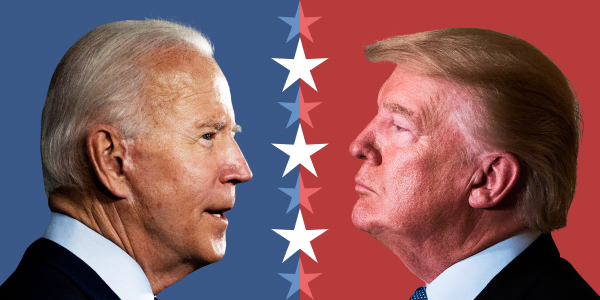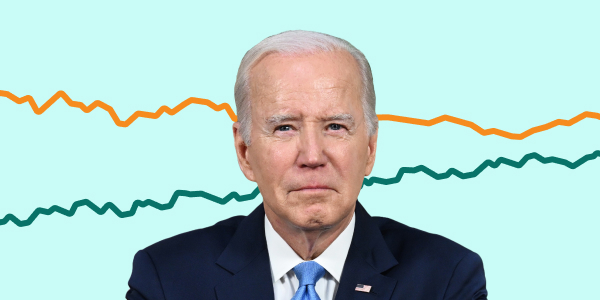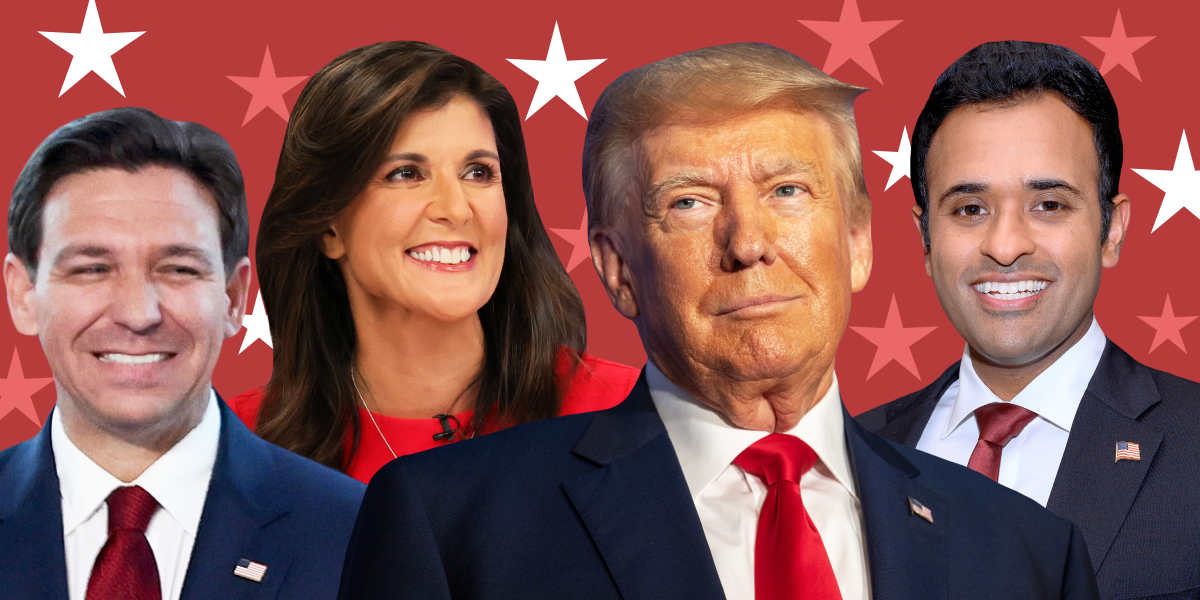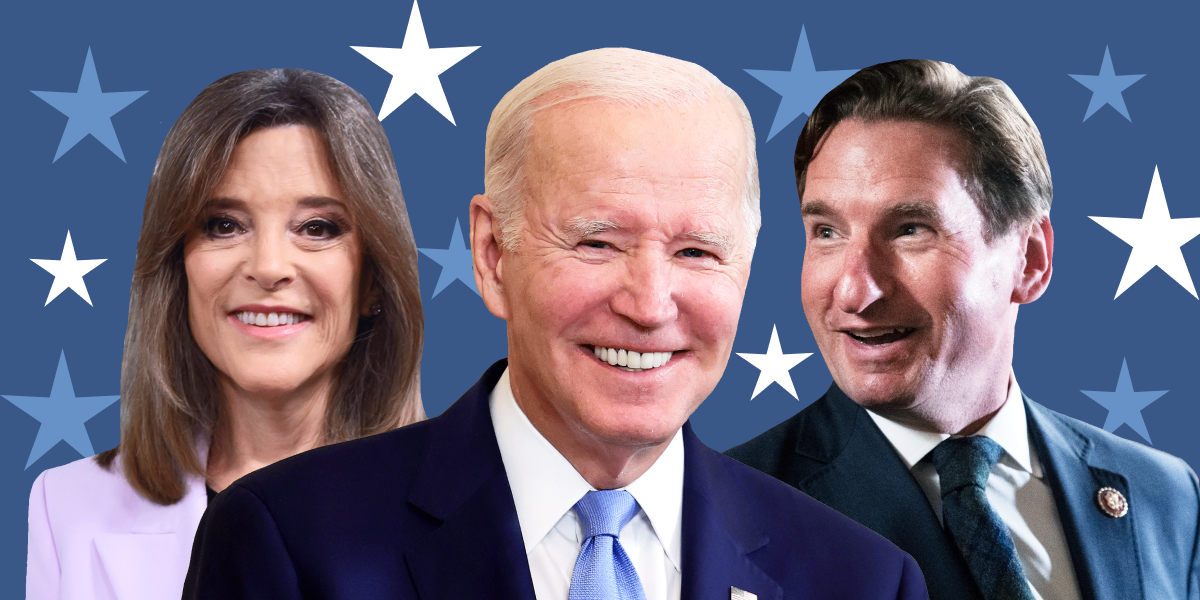Inside the climate movement’s final push for Harris
By Rachel Frazin - 10/29/24, 2:36 PM EDT

Advocates from multiple climate and environmental advocacy groups will make calls, unleash advertisements, knock on doors and utilize star power in support of Vice President Harris in the final stretch of the 2024 campaign, underscoring how critical they consider the White House race to be for the future of their cause.
“We know that so much is on the line for climate,” activist Saad Amer told The Hill ahead of a strategy session with movement leaders Monday. “I am feeling like we can totally do this.”
Climate activists see this election as having dire consequences for the planet, marking a starkly contrasting choice between Harris, who they believe could implement significant policies to mitigate climate change, and former President Trump, who has repeatedly minimized the issue and pledged to repeal a number of measures aimed at combating it.
The Biden administration has taken historic climate actions, including through the passage of the Inflation Reduction Act, which included billions of dollars for low-carbon energy sources. However, some climate advocates have said President Biden and Harris haven't gone far enough to address the issue. Many of these progressive voters have also expressed disappointment on other issues, including the administration's handling of the war in Gaza.
Harris’s campaign, meanwhile, has toed a fine line on climate change, noting its commitment to combating the global crisis while also distancing itself from more progressive stances such as her previous support for a fracking ban when she ran in the Democratic primary last cycle.
Rep. Ro Khanna (D-Calif.), a member of the progressive caucus and a surrogate for the Harris campaign, spoke during Monday's strategy session about how to appeal to voters who may feel Harris falls short on climate.
Saying he has been in Dearborn, Mich., trying to make a case to voters who don’t think the vice president's policy on the Middle East is good enough, he said a similar case can be made to climate voters.
“If Donald Trump wins, none of us are going to be at the table. None of us are going to have any voice at all on Middle East policy or on climate policy,” Khanna said. “With the vice president, we’re going to be in the room, and that is the fundamental difference for people who have views that go beyond where the vice president is.”
Khanna has said he’s been visiting college campuses, and will continue to do so in places such as Georgia, which, like Michigan, is among the group of tightly contested swing states that could determine the outcome of the election.
Other movement leaders also detailed their planned efforts in the days ahead.
Amer said he was invited to speak during a Billie Eilish concert in Atlanta. The 22-year-old pop star is particularly popular with young people.
“She’s putting together this whole effort around climate at her concert where she brings tens of thousands of people,” Amer said.
A group called Climate Power is also utilizing celebrities. The group’s “Too Hot Not to Vote” campaign has already featured stars including Bill Nye, and this week is working with college athletes in Michigan and Pennsylvania, said Heather Hargreaves, Climate Power’s deputy executive director for campaigns.
Hargreaves said the group is trying to get the athletes to post videos about turning out to vote and why climate change matters.
“We’re really excited about that as a tactic to make sure … we’re reaching people on their phones, which is where we know everybody is,” she said.
Meanwhile, David Kieve, president of Environmental Defense Fund Action, said his group has spent $6 million, including $3 million this coming week, on Spanish-language ads, saying the organization hopes to sway undecided Latino voters.
In a press release Tuesday, the progressive Sunrise Movement said that so far it has reached more than 1.9 million young voters in swing states and will continue phone and text banks and in-person canvassing in Arizona, North Carolina, Michigan and Pennsylvania.
Climate change has been a driving issue for young and progressive voters, and advocates agreed it can be a motivating factor to drive supporters in the final stretch of the election.
Khanna said Monday that turnout and enthusiasm need to improve, however.
“We can win with the current turnout, but it’s not where it was in 2020,” he said. “We’ve got to figure out how we ignite that passion to get the turnout in the next week up where it needs to be.”
“Our numbers are good, but they’re not quite at 2020 levels. If we hit 2020 levels, we win, so that’s why this kind of call to action … to reach voters where they’re at is key,” Khanna later told reporters.



















